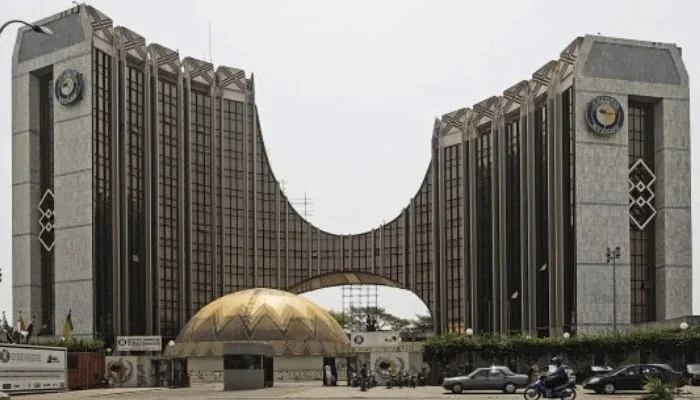The ECOWAS Bank for Investment and Development (EBID) has committed $308.6 million to new projects in clean energy, agriculture, and regional trade. The decision came after its 93rd board meeting in Lomé, Togo, on October 2, 2025.
Driving Regional Development
EBID President Dr. George Agyekum Donkor explained that the investment package will strengthen regional integration, support sustainable growth, and diversify West Africa’s economies. Moreover, he emphasized that these projects will directly benefit communities while enhancing long-term resilience.
Expanding Solar Energy in Nigeria
A $98.2 million allocation will fund a 50 MW solar plant in Taraba State, Nigeria. The project will:
-
Supply electricity to 390,000 households
-
Improve reliability for 200 public facilities
-
Create 400 construction jobs and 50 permanent positions
-
Generate more than 1,200 indirect jobs
In addition, the solar plant aims to reduce energy poverty and accelerate West Africa’s clean energy transition.
Boosting Rice Production
EBID also approved $79.2 million for a rice processing facility and a 10,000-hectare irrigated farm in Taraba State. Consequently, this initiative will strengthen food security, empower farmers, and expand the agricultural sector.
Developing an Industrial Park
Another $91.2 million investment will establish an industrial park in Taraba. The hub will attract businesses, encourage local manufacturing, and promote economic diversification. Furthermore, it is expected to create new opportunities for entrepreneurs.
Strengthening Trade in Guinea
To support commerce, EBID granted a $40 million credit line to Vista Bank in Guinea. This financing will expand import-export activities, improve supply chains, and stimulate small business growth.
Why It Matters
Together, these initiatives align with ECOWAS priorities of job creation, energy access, and sustainable economic progress. As a result, communities across West Africa stand to gain from improved infrastructure, better food production, and stronger trade networks.
What’s Next
Implementation begins in October 2025. Therefore, the coming years will reveal measurable outcomes in energy supply, agriculture, and regional commerce as EBID pushes forward with its growth strategy.
__________________________________________________






